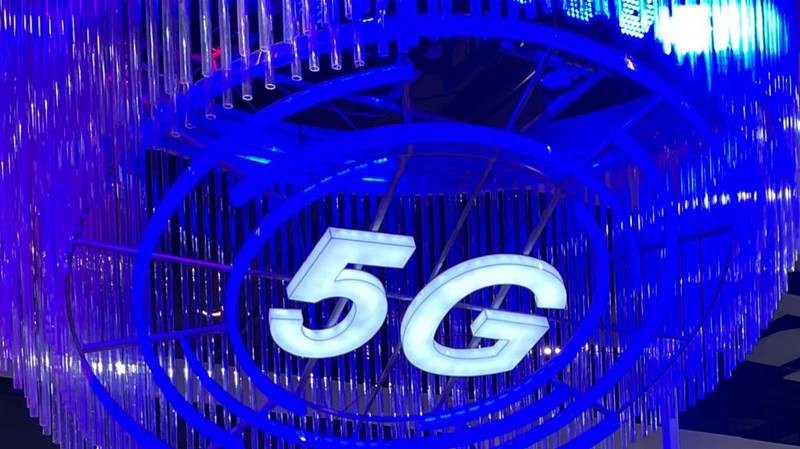India’s top two telecom service providers, Bharti Airtel and Reliance Jio, have launched 5G services in selected cities in the country, in the backdrop of the "formal" inauguration of the service during the Indian Mobile Congress 2022 earlier this month.
The cities include large metros like Delhi, Mumbai, Kolkata, Bengaluru, Chennai, and Hyderabad as well as tier-two cities like Varanasi, Nagpur and Siliguri.
Jio had earlier announced that it would spend US$25 billion (S$35.7 billion) to launch 5G across the country within two months.
While Airtel has yet to disclose how much it would spend, its officials have gone on record to say that they expect "heavy investment" to roll out their 5G network across the country.
India's third-largest telco, Vodafone Idea, hasn't yet announced a date for the launch of 5G.
Counterpoint Research’s Senior Analyst Parv Sharma, told iTnews Asia that enterprise customers will be the new battleground for the telcos as they try to recoup spectrum and infrastructure costs for the 5G roll-out.
“It (5G) can unleash the potential for operational transformation, automation and efficiency, and create a secure business and mission-critical communications environment,” he said.
Sharma added that 5G technology is more than just ‘faster speed’ and investments should be made in various spheres of the ecosystem – be it manufacturing devices, developing India-specific 5G use-cases and enterprise applications, setting up an increasing number of edge data centres and rollout of network infrastructure.
5G use cases
While the most common 5G use cases include industrial IoT for smart factories, artificial intelligence (AI) and robotics, in the initial phase the telcos are expected to focus on achieving enhanced mobile broadband for customers
Enterprise subscribers are likely to get up to 600 megabits per second connection speeds to enhance the working of apps and data processing, according to analysts that iTnews Asia spoke to.
Telecom players, equipment makers and startups showcased a variety of 5G use cases majorly themed around health, education and gaming during the Mobile Congress.
IDC’s senior telecom research manager, Nishant Bansal, said awareness around “how 5G fits into overall enterprise strategy” still remains low.
Telcos and enterprises need to work together to bring awareness to 5G use cases, business opportunities, RoI (return on investment) and monetary benefits, he said.
“Enterprises using 5G services to accelerate their digital transformation are likely to see significant advantages in productivity and efficiency,” he added.
He explained that enterprises had to focus on defined goals like finding appropriate use cases, R0I metrics, KPIs, and workforce planning to address gaps related to technical capabilities to implement and operate 5G.
“They need to be prepared as operational costs may go up initially depending on the use case,” Bansal said.
The Indian government has announced plans to set up 100 5G labs across the country and is also working towards simplifying the licensing regime for all telecom players.
It has urged the telecom industry to convert a minimum of 12 of these labs into incubators to train students, and promote innovation, research and experiment.









